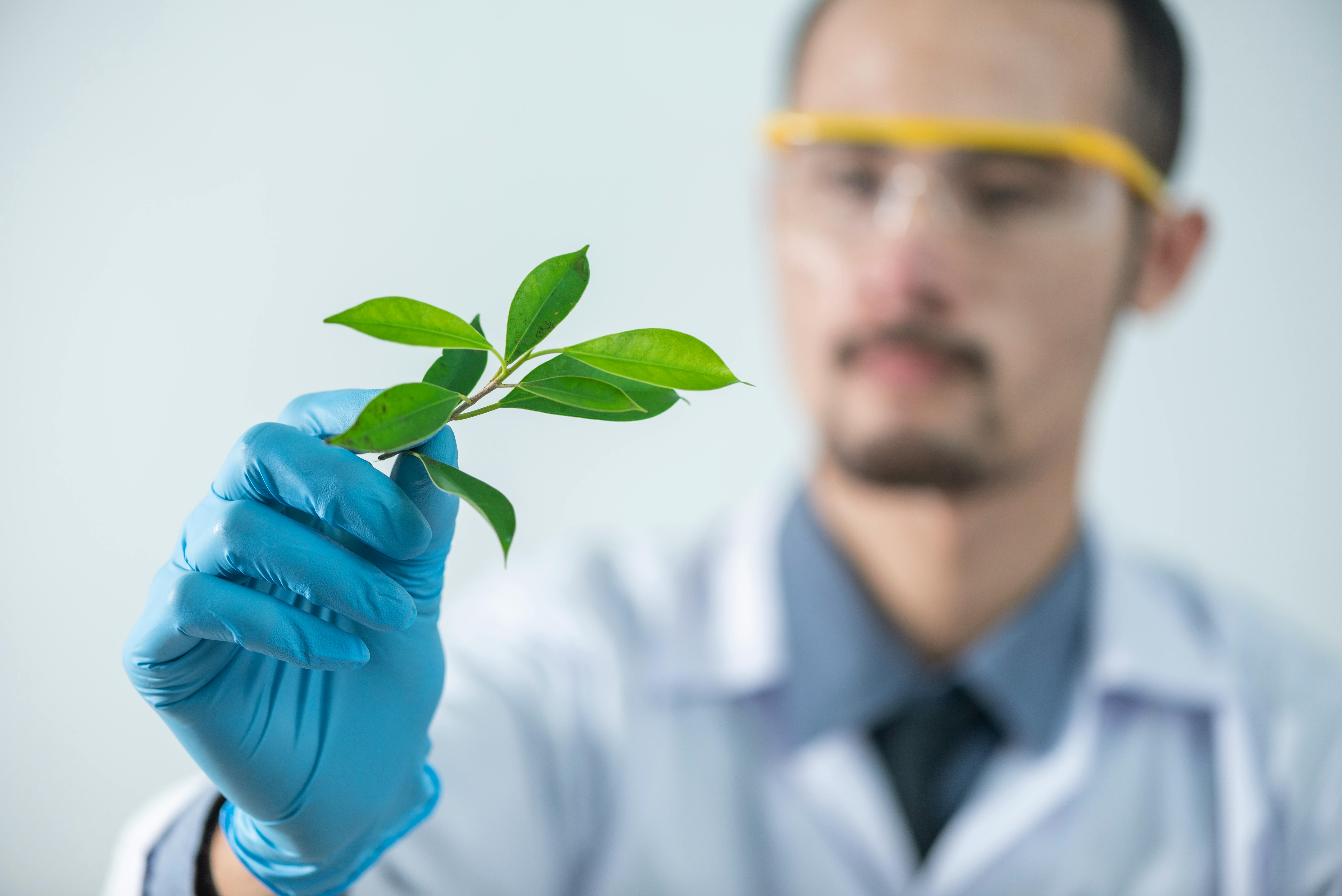
Top 7 Fertility-Boosting Foods You Should Start Eating Now
A healthy diet and lifestyle are essential for optimal fertility. A healthy body is a fertile body and the health of your baby is largely decided even before pregnancy is in sight. You see, at 8 weeks gestation, a baby’s health plan is already in place, as are their little organs and little fingerprints! At this stage, your health strengths and vulnerabilities are determined by the “map” that guides this miracle of creation. It’s fair to say that once a pregnancy is established, your child’s health potential becomes the lowest common denominator of your health and that of your partner at the time of conception.
So how can you overcome fertility issues and give your child the best possible start in life? It is simple. Ensure your partner is in optimal health by beginning preparation for your most important event yet, at least 120 days before a conception attempt, whether you are trying to conceive naturally or using any form of technologies. of assisted reproduction.
Why 120 days? The quality of today’s egg and sperm is a reflection of everything that was happening in your life and in your immediate environment during the last 4 months. Your complete picture of health during that time, including nutrition, stress levels, blood oxygenation, hormone levels, emotions, and other factors, affect the quality of your fertility in the current month.
What You Eat is an important part of my 11 Pillars of Fertility Plan developed to provide couples with a comprehensive and reproducible step-by-step system to overcome fertility issues and create the healthy baby of their dreams.
So what are some of the fertility boosting foods you can start making today as a solid foundation for your fertility diet?
:: Green vegetables and leafy vegetables: This includes spinach, kale, collard greens, watercress, and even avocados. They contain folic acid, useful in the production of red blood cells and genetic material. Folic acid also promotes the development of a healthy nervous system and prevents neuronal deficiencies in the fetus after conception, and is extremely important for healthy sperm production.
:: Nuts and seeds: This includes walnuts, almonds, walnuts, and all seeds like safflower and sunflower. They have essential fatty acids and vitamin E that are essential in the production of healthy cells.
:: Citrus fruits: Oranges, kiwis, grapefruits, and other citrus fruits are very high in vitamin C. Vitamin C improves sperm motility by preventing the accumulation of sperm. It also improves ovulation and the release of the egg from the ovaries.
:: Pigmented vegetables: This includes vegetables with shades of orange or red such as carrots, squash, and all varieties of squash. These have beta-carotene, which is a healthy source of vitamin A. This vitamin is essential for maintaining healthy tissues in the reproductive organs, as well as being essential for developing healthy brains and eyes!
:: Salmon: this fish contains essential omega-3 fatty acids, which help the production of hormones. In addition, sperm are largely made up of these types of fatty acids, as is the developing nervous system of the embryo.
:: Pineapple: it is the best known natural source of manganese, a very important mineral. Manganese activates enzymes in the body that trigger the production of various reproductive hormones. Low manganese levels are associated with difficulties conceiving. Pineapple also contains large amounts of enzymes that aid digestion.
:: Chili peppers – Spicy foods that contain red chili peppers increase blood flow around the body, ensuring that the reproductive system receives a healthy supply. Chili peppers also stimulate endorphin production, associated with stress release and a sense of calm relaxation, which greatly increase the chances of conception.
These foods are most effective when eaten in their natural form. For the best nutritional value, choose fresh, unprocessed organic foods whenever possible and avoid overcooking vegetables.
Copyright (c) 2008 Gabriela Rosa and Natural Fertility & Health Solutions P / L.